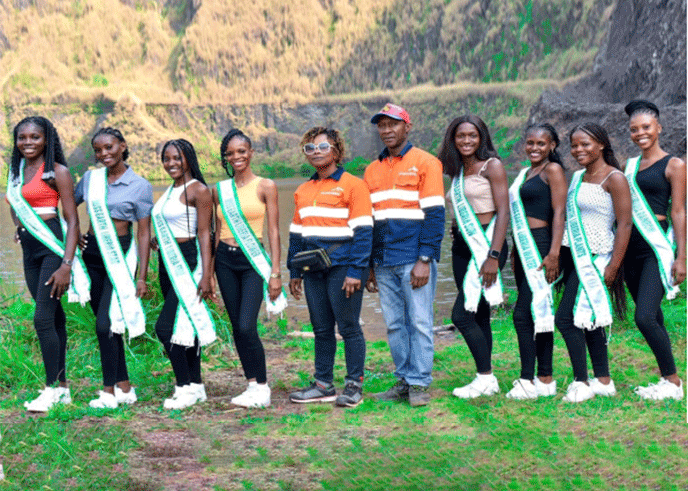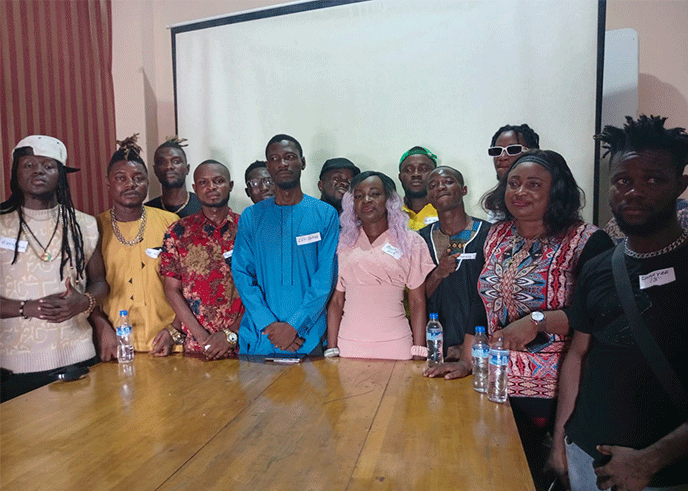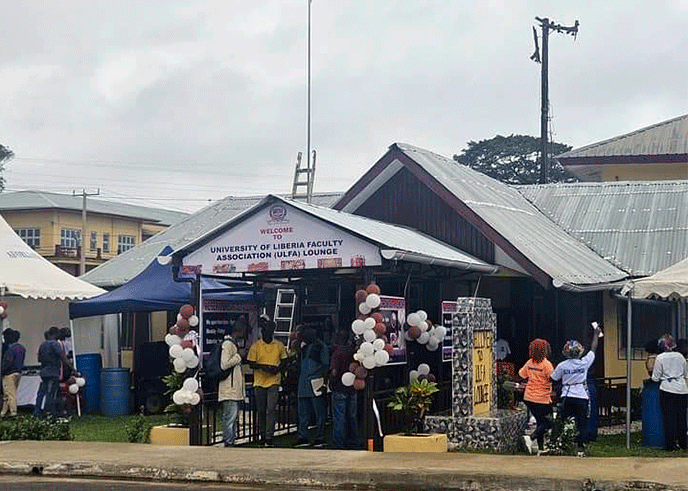ArcelorMittal Liberia has partnered with a local entertainment powerhouse, La Quen Entertainment, to foster environmental consciousness within the mining communities of Nimba.
La Quen Entertainment, renowned for organizing the annual Miss Earth Liberia beauty pageant, joined hands with AML and the Environmental Protection Agency (EPA) to spearhead a two-day campaign aimed at amplifying awareness on environmental issues, women’s empowerment, sustainability, and green conservation within these localities.
The initiative, which unfolded in the mining enclave of Gbapa, saw each of the eight contestants from this year’s Miss Earth Beauty Pageant disseminating insightful information on various environmental themes to residents and local authorities of selected mining towns.
The discussions encompassed crucial topics such as waste management, the ramifications of deforestation, the significance of preserving flora and fauna, and the menace of water pollution.
Furthermore, the campaign ended with a tour of the East Nimba Nature Reserve (ENNR), providing young women with firsthand exposure to biodiversity.
Engaging discussions were also held with representatives from ArcelorMittal Liberia, including environmental manager Alvin Poure, restating the company’s steadfast commitment to sustainability and environmental protection initiatives.
ArcelorMittal Liberia it is reported will sponsor the 2022 edition of the Miss Earth Pageant, in collaboration with the EPA, as a testament to its dedication to fostering a sustainable environment, promoting green conservation activities, and addressing climate change concerns.
This support comes from the background that climate change is already posing significant challenges to Liberia, which is already impacting various aspects of its environment, economy, and society.
One notable impact is the alteration of weather patterns, leading to increased frequency and intensity of extreme weather events such as floods, droughts, and storms which often disrupt livelihoods and also pose risks to infrastructure, agriculture, and human health. For a country like Liberia, heavily reliant on agriculture and vulnerable to natural disasters, these changes exacerbate existing vulnerabilities and hinder efforts towards farming, general agriculture, and sustainable development.
Another consequence of climate change in Liberia is the degradation of coastal areas due to rising sea levels which pose a significant threat to communities, infrastructure, and ecosystems.
Coastal erosion, saltwater intrusion into freshwater sources, and loss of coastal habitats adversely affect livelihoods, exacerbate food insecurity, and displace populations, leading to social and economic challenges in a poor country already challenged in nearly every single sector.
Furthermore, climate change is negatively impacting Liberia’s biodive
rsity and ecosystems, which are critical for its economy and people’s livelihoods as temperature and precipitation patterns have in recent years disrupted ecosystems, leading to shifts in vegetation zones, loss of habitat for wildlife, and altered migration patterns.
But amid all these challenges, one thing stands out and presents a stiff challenge to every national and international effort aimed at fighting Climate Change- that is the lack of climate education. This challenge is so pervasive that people are affected by the impact of climate without even knowing so.



